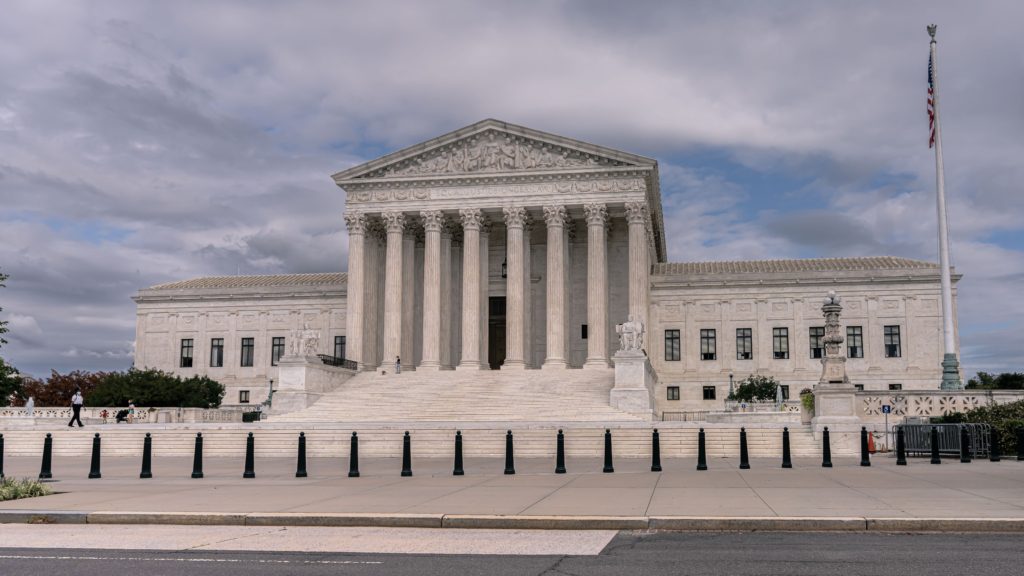Status
Haaland v. Brackeen is a case before the U.S. Supreme Court, brought by the states of Texas, Louisiana, and Indiana, and individual plaintiffs, that seeks to declare the Indian Child Welfare Act (ICWA) unconstitutional.
On November 9, 2022, the Supreme Court heard oral arguments on the constitutionality of the Indian Child Welfare Act in this case and several other consolidated ones, including Cherokee Nation v. Brackeen, Texas v. Haaland, and Brackeen v. Haaland. The Supreme Court is expected to rule on the case this spring.
Background
The matter originated in a Texas District Court on an adoption petition filed by Chad and Jennifer Brackeen, which was challenged by the Navajo Tribe. The Brackeens brought suit in the U.S. District Court in Fort Worth, and The Cherokee Nation, Oneida Nation, Quinault Indian Nation, and Morongo Band of Mission Indians intervened in the case. The U.S. District Court declared that Indian Child Welfare Act was unconstitutional, and the case was appealed.
The Fifth Circuit Court of Appeals reversed the District Court in a panel opinion. The full court, on rehearing the case on the bench, held that parts of the law that set federal standards for lower and state courts were constitutional, but that the parts of the law that required state agencies to perform certain acts were unconstitutional as a violation of the Tenth Amendment.
Origin of the Indian Child Welfare Act
Congress enacted the Indian Child Welfare Act in 1978 in response to a crisis affecting American Indian and Alaska Native children, families, and tribes. The law governs the removal and out-of-home placement of American Indian children, and was enacted after the federal government recognized that American Indian children were being removed from their homes and communities at a much higher rate than non-Native children. Congressional testimony documented the devastating impact of this action on Native children, families, and tribes. Congress passed the Act in 1978 to “protect the best interests of Indian children and to promote the stability and security of Indian tribes and families.” (25 U.S.C. § 1902).
The law established federal standards for the removal and placement of Native children, as well as with termination of parental rights to protect the best interests of Native American children and keep them connected to their families and tribes. ICWA was enacted after Native American children were systematically removed – often without evidence of abuse or neglect that would be considered grounds for removal – and placed with non-Native families, with the intent to deprive them of their Native family or culture. The law delineates the roles of state and tribal governments in child welfare cases involving children who are members of or eligible for membership in federally recognized tribes.
Ultimately, if the Supreme Court overturns the Indian Child Welfare Act, states could remove Native children from their families. This would put the overall existence and longevity of tribes at risk. For years, Native Americans have decried the use of boarding schools and the trauma on Native youth and families.
For more information
To learn more about the Indian Child Welfare Act and its status before the U.S. Supreme Court, refer to the National Indian Child Welfare Association, an Independent Sector nonprofit member and the most comprehensive source of information on American Indian and Alaska Native child welfare.
This primer includes information from Wikipedia, the National Indian Child Welfare Association, and ChildWelfare.gov, which is part of the U.S. Department of Health and Human Services.
Debra Rainey is communications manager at Independent Sector. Learn about other Independent Sector members and becoming a member.



